It’s Election Day — a day many of us have been long and anxiously awaiting. If you’re one of the 1.1 million people in NYC who voted early, thank you. If you voted by mail weeks ago, thank you. If you haven’t yet voted (and are still able to), please go vote. The poll lines close at 9 PM, and now mail-in ballots should also be delivered in person. If you see any instances of voter suppression at your polling place, report them to the Election Protection hotline at 866-OUR-VOTE. Getting everyone’s vote counted is crucial. But our involvement shouldn’t stop there...
This election season has revealed numerous instances of voter suppression by Trump and the Republican party. 230 election-related lawsuits have been filed this year alone by both voting rights advocates and the Trump administration. From limiting ballot boxes and installing unofficial ones, to closing polling locations, to encouraging voter intimidation at the polls, voting has been made increasingly difficult — especially for BIPOC and marginalized communities. These Jim Crow 2.0 tactics include laws that prevent ex-felons from voting, voters being purged from rolls, and more. In addition, Black and Latinx voters have been specifically targeted by misinformation campaigns with the goal of fueling cynicism and distrust in the political process, in order to depress turnout among people of color.
These efforts at voter suppression will likely come to a head today. As we wrote last Friday, Trump has already signaled that he may declare himself the winner before all mail-in ballots are counted, indicating he will turn to the Supreme Court to stop the count. With Amy Coney Barrett’s rushed confirmation to the Court, Republicans now have a majority with which they can rule in Trump’s favor in the event of a contested election. Furthermore, Barrett and Kavanaugh both worked as lawyers for George W. Bush in Florida during the 2000 recount, with Roberts advising the Republican governor at the time, Jeb Bush.
So what does this all mean? Put simply: we cannot rely on flawed institutions to deliver us a fair election. We need to organize now to show our leaders that the election is not over until every single person’s vote is counted. As it’s unlikely final results will be coming out tonight, now is the time to mobilize and prepare. While many of us have already spent months text banking, phonebanking, writing postcards, and more, we need to continue this momentum beyond the election and work to sustain the movement over the long term.
Here are some things you can do after today:
We are asking all SURJ NYC members to sign this pledge to commit to mobilizing against a potential coup. We will send more frequent action updates to everyone who signs this pledge!
Join us on Zoom Wednesday, November 4th, 3-4pm: SURJ-wide National Call: Count All the Votes, register here.
Join us in the streets Wednesday, November 4th, 4pm: to Protect the Results either in Midtown or at an action near you, if called for.
Join us on Zoom Thursday, November 5th, 6:30-8:30pm: SURJ NYC Chapter Meeting—Post Election Edition, register here.
If you are struggling with the uncertainty of the days and weeks to come, you are not alone. This coming Thursday’s SURJ NYC Chapter Meeting is a good opportunity to gather with others to both reflect on whatever happens and organize next steps to create the future we want. We look forward to seeing you there and are so grateful to be in this fight with you all!
Sending care and fortitude for the days ahead,
SURJ NYC

